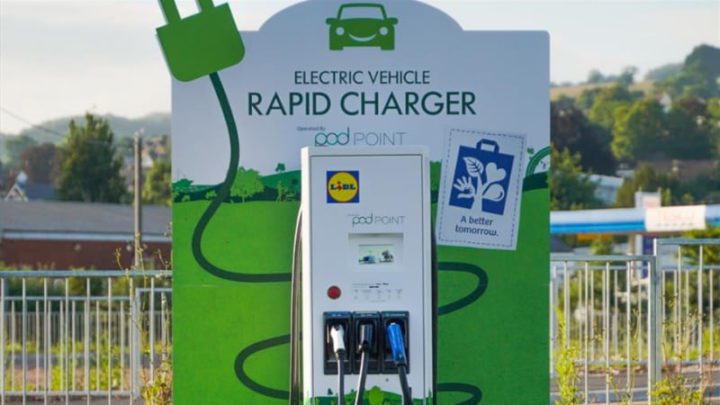One of the EU’s goals with regard to electric cars is to ensure charging points so that tram drivers do not fear being in the road during the journey. In order to respond to this need and dominate this market, Lidl intends to offer reasonable prices.
Soon, we may see this initiative in more supermarkets.
Although it is a supermarket chain, Lidl has, for some time, included charging points for electric vehicles in its stores. However, a new journey has now begun, with the launch of the first super fast charging station, which has a much lower price guarantee than what is found in the market.
With this new equipment, in addition to the aesthetic aspects, Lidl takes on the technical and price commitments, guaranteeing the best on the market. After all, you have not only placed the charger in supermarkets, but also created a space with protection for vehicles, users and chargers, in an area that is open 24/7 (that is, 24 hours a day, 7 days a week)..
In this way, it ensures a better view of the infrastructure, while reducing the risk of combustion engine vehicles burning up the space reserved for electric vehicles.
Lidl bets on accessible charging points
The first station will be installed in the Lidl supermarket near the French city of Lyon. The space is equipped with five charging points, with power from 22 to 360 kW. In this way, each customer will be able to choose the one that best suits their needs.
For example, charging at 22 kW is 25 cents per kWh. When we switch to the more powerful 90, 180 or 360 kW plants, the price is 40 cents more per kWh.
today @employee Gears are changed:
🇫🇷 France traffic is on the rise!
Near Lyon, the official opening of the 1st Lidl electronic station takes place@employee 📸 Reports #He lives🇧🇷
Aggressive pricing
22 kW: 0.25 € / kWh 90 kW: 0.40 € / kWh 180 kW: 0.40 € / kWh 360 (!) kW: 0.40 € / kWh ⚡️⚡️ pic.twitter.com/YidE1nCaHe
- Felix Arthur • electricfelix (electricfelix) November 21, 2022
The strategy that Lidl has adopted in some of its stores is already being extended to other countries, such as Germany, where the supermarket chain is installing its first fast-charging stations, and where 150-kilowatt stations cost 48 cents per kWh.
Read also:

“Wannabe internet buff. Future teen idol. Hardcore zombie guru. Gamer. Avid creator. Entrepreneur. Bacon ninja.”



